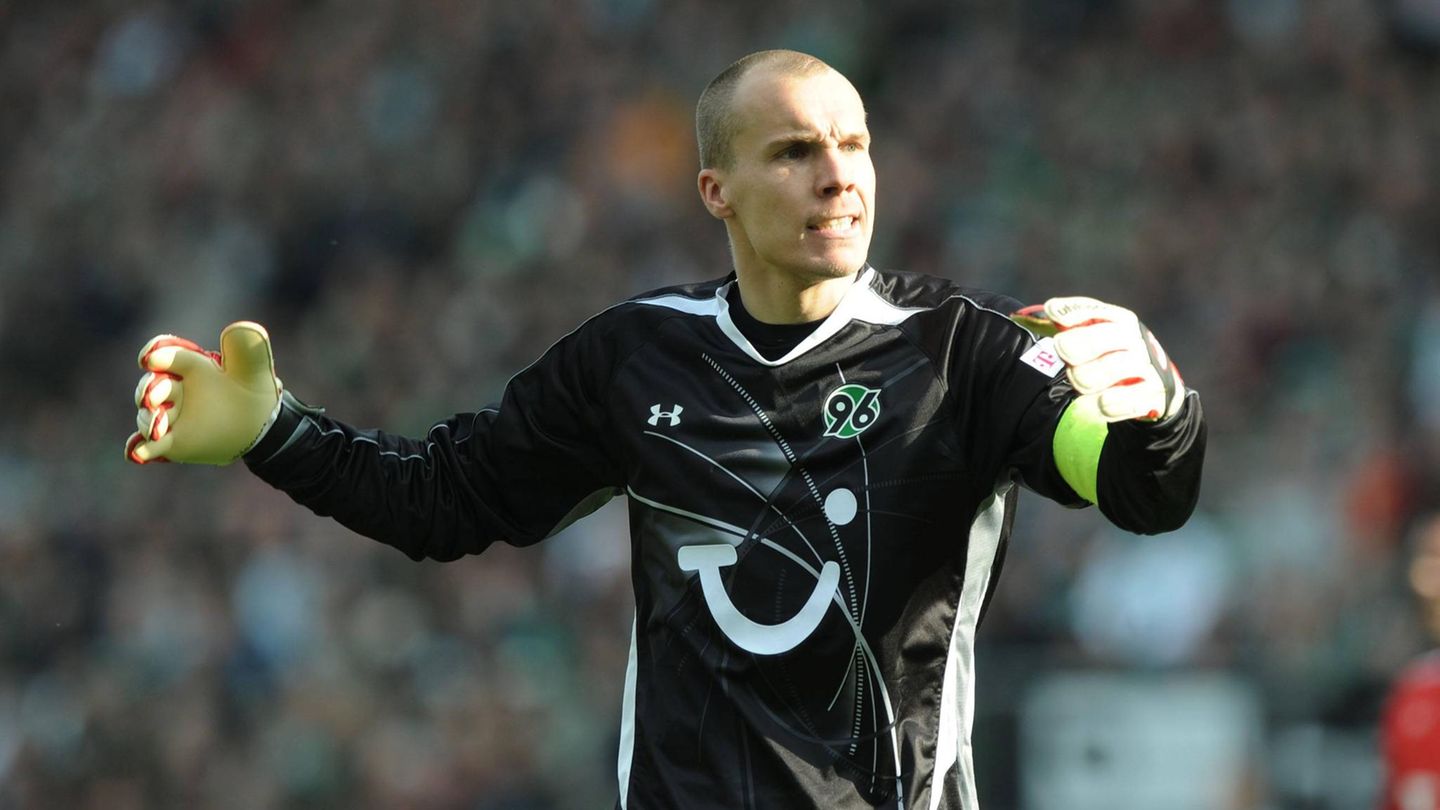Coalition exit
Which projects Scholz still wants to complete by the end of the year
Copy the current link
After the failure of the traffic light with the FDP, the SPD and the Greens no longer have a majority in the Bundestag. That makes it difficult to get anything done. The chancellor and vice-chancellor still want to try.
The traffic lights are history – but Chancellor Olaf Scholz still wants to get important projects through parliament. The SPD politician said after the break in the coalition that he wanted to put all draft laws to a vote in the remaining weeks of the Bundestag session up to Christmas, which, in his view, would not tolerate “any delay.” The Chancellor named specific plans – but without the FDP he no longer has a majority in the Bundestag.
Vice Chancellor and Economics Minister Robert Habeck (Greens) said he would welcome cooperation with the Union on projects. “I would be happy about it and of course I’m willing to look for a way to do that at any time.”
After a conversation between opposition leader Friedrich Merz (CDU) and Scholz, according to information from the Union parliamentary group, it was said: Merz had offered Scholz that the Union would be ready to talk about upcoming agenda items or laws in the Bundestag at any time – but only if the Chancellor had spoken in the coming year The vote of confidence was asked days ago. However, Scholz wants to stick to the schedule for the vote of confidence next year.
The Bundestag and Bundesrat are scheduled to meet for the last time this year on December 20th. Scholz wants to ask the vote of confidence in mid-January, and there could then be new elections in March. He wants to see these issues decided by the end of the year:
Scholz wants the effect of inflation to be offset in income tax – a project that was actually largely pushed forward by the now dismissed Finance Minister Christian Lindner (FDP). “So that all employees have more net of gross from January 1st,” the Chancellor explains that he is sticking to the plans to compensate for the cold progression.
Cold progression is when citizens have to pay more to the tax authorities due to rising tax rates, even if their salary increase only compensates for inflation. Lindner wanted to shift the basic allowance and the other key parameters of the tax rate so that higher tax rates only take effect later. Only the limit for the rich tax, which is above the top tax rate, should remain the same – so that the very richest receive less relief. The FDP leader had accused the Greens of blocking the plans. Scholz and Habeck could now rely on the FDP to agree to a project that they think is right – as with the growth package actually planned by the traffic light.
This is probably the most important point for the SPD: the stabilization of the statutory pension. At the end of September, the Bundestag dealt with the long-prepared pension package in its first reading. Essentially, a stable pension level should be guaranteed; pension payments should keep pace with wage developments. However, due to the aging population, this is becoming increasingly expensive – which then leads to higher contributions for younger people. The coalition wants to cushion this predicted increase in contributions by investing money in the stock market and investing the returns in it.
In particular, the parliamentary managing director of the FDP parliamentary group, Johannes Vogel, insisted on changes because, in his view, the package placed an undue burden on younger people. Because the stock plan probably cannot absorb all of the additional costs. However, the pension package is also controversial in the Union. At the end of September, parliamentary group vice-president Hermann Gröhe called it a missed opportunity for more intergenerational equality. A new start in pension policy is necessary. The likelihood of implementation seems low.
The Chancellor mentioned the rapid implementation of the rules of the Common European Asylum System as a further plan. Germany wants to implement this quickly. On Wednesday morning, the coalition decided on two changes to the law. The reform includes, among other things, an obligation to check the identity of arrivals. Asylum seekers with an EU-wide protection rate of less than 20 percent should go through their procedure at the EU’s external border. When it comes to asylum policy, there are overlaps with the Union.
Aid for industry
Germany is in an economic slump, and industry in particular is doing badly. Chancellor Scholz organized an industrial summit with representatives from business and trade unions at the end of October. He then announced a “pact for industry” that would include very specific measures to strengthen the location. Business associations complain about high energy prices, especially in international comparison.
Scholz now wants to implement “immediate measures” for the industry by the end of the year. Specifically, he said that network fees for companies should be capped and a package should be put together that secures jobs in the automotive industry and in the many supplier companies. A paper from the Chancellery mentions, for example, better depreciation options for electric cars as company cars, an extension of the exemption from vehicle tax for electric vehicles and more price transparency at charging stations.
What is important for Habeck is a law for state support for new gas power plants and for the modernization of existing plants. In the future, the power plants will step in if the electricity demand cannot be met by renewable energies. In addition, the switch to more climate-friendly hydrogen should be promoted. Habeck is counting on the project to ensure that Union-led countries also want this law quickly.
What is extremely urgent – but was not mentioned by Scholz
The Bundestag still has to approve a supplementary budget for the current year. This is now in jeopardy – the FDP made it clear that it cannot agree to the draft currently available in the Bundestag.
In the summer, the coalition announced that it needed several billion from additional loans to compensate for lower tax revenues, higher spending on citizens’ money and higher costs to promote renewable energies. Because the economy in Germany is weaker than expected, the debt brake allows this larger borrowing.
Without the additional funds, some causes could simply run out of money. Although compulsory benefits such as citizen’s money must continue to be provided, the money must then be saved elsewhere. There is a risk of a budget freeze, for example in terms of funding for housing construction, mobility, construction projects and other areas. It could help that all planned funds are never used up in a budget year and so there is usually money left over at the end of the year. But it is unlikely that this will make up for the billion-dollar gap that would arise without a supplementary budget.
Great uncertainty about the 2025 budget
The budget for 2025 is also far from finalized. The SPD, Greens and FDP could not agree on how to close the billion-dollar gap – one of the main reasons for the traffic light’s failure. So the year probably starts with a temporary budget, during which you have to limit yourself to essential and urgent expenses.
It is unlikely that Scholz’s minority government will somehow pass a budget resolution for 2025 – also because it would mean that a new government would have to commit to spending before a coalition agreement has even been reached.
However, this means great uncertainty for many employees on a project basis or with fixed-term employment contracts who initially do not know what will happen next at the beginning of the year. New investments and the adoption of costly laws are also difficult. With new elections in March, it could take until summer for a new government to pass a budget.
dpa
Source: Stern
I have been working in the news industry for over 6 years, first as a reporter and now as an editor. I have covered politics extensively, and my work has appeared in major newspapers and online news outlets around the world. In addition to my writing, I also contribute regularly to 24 Hours World.




